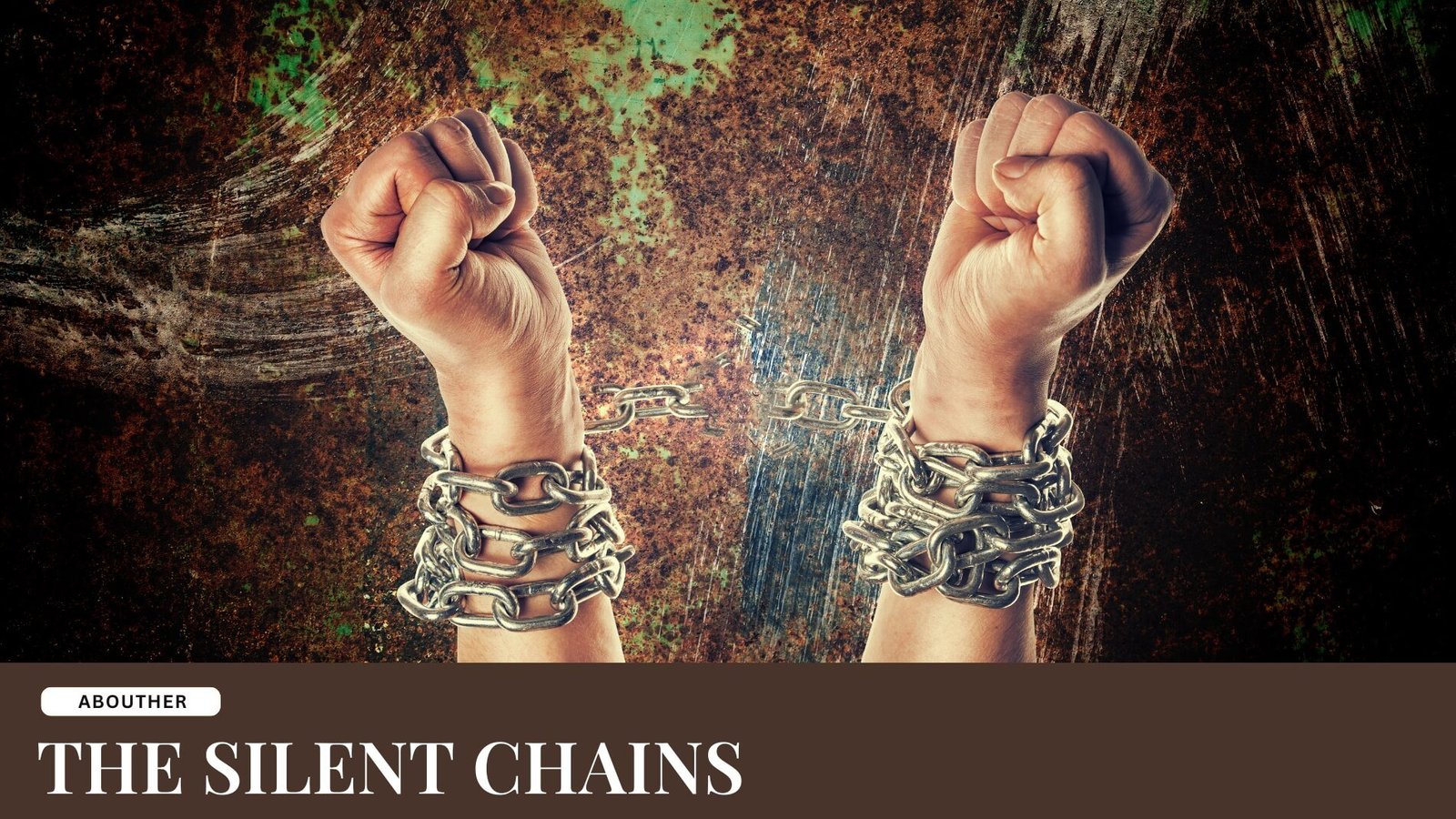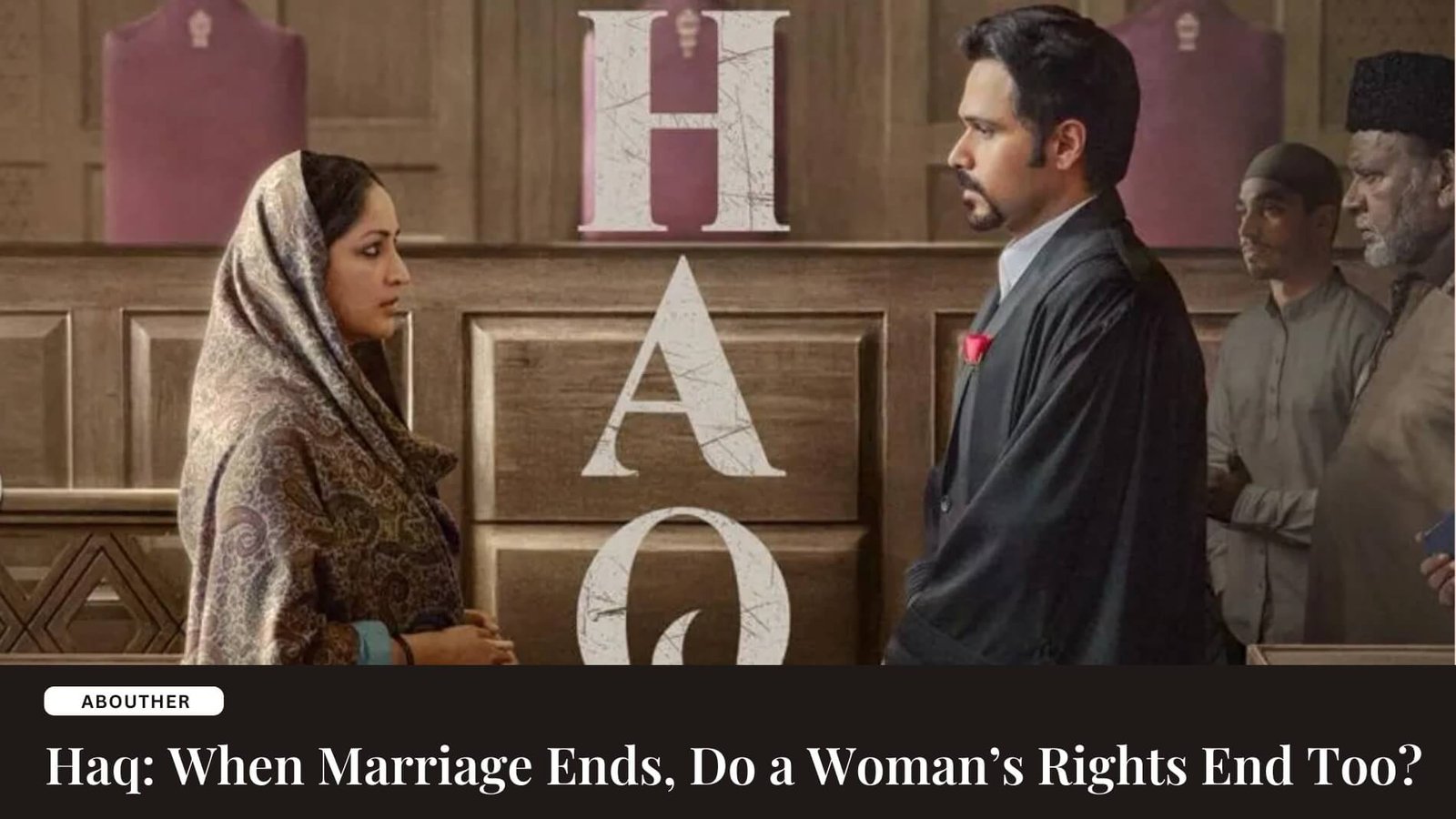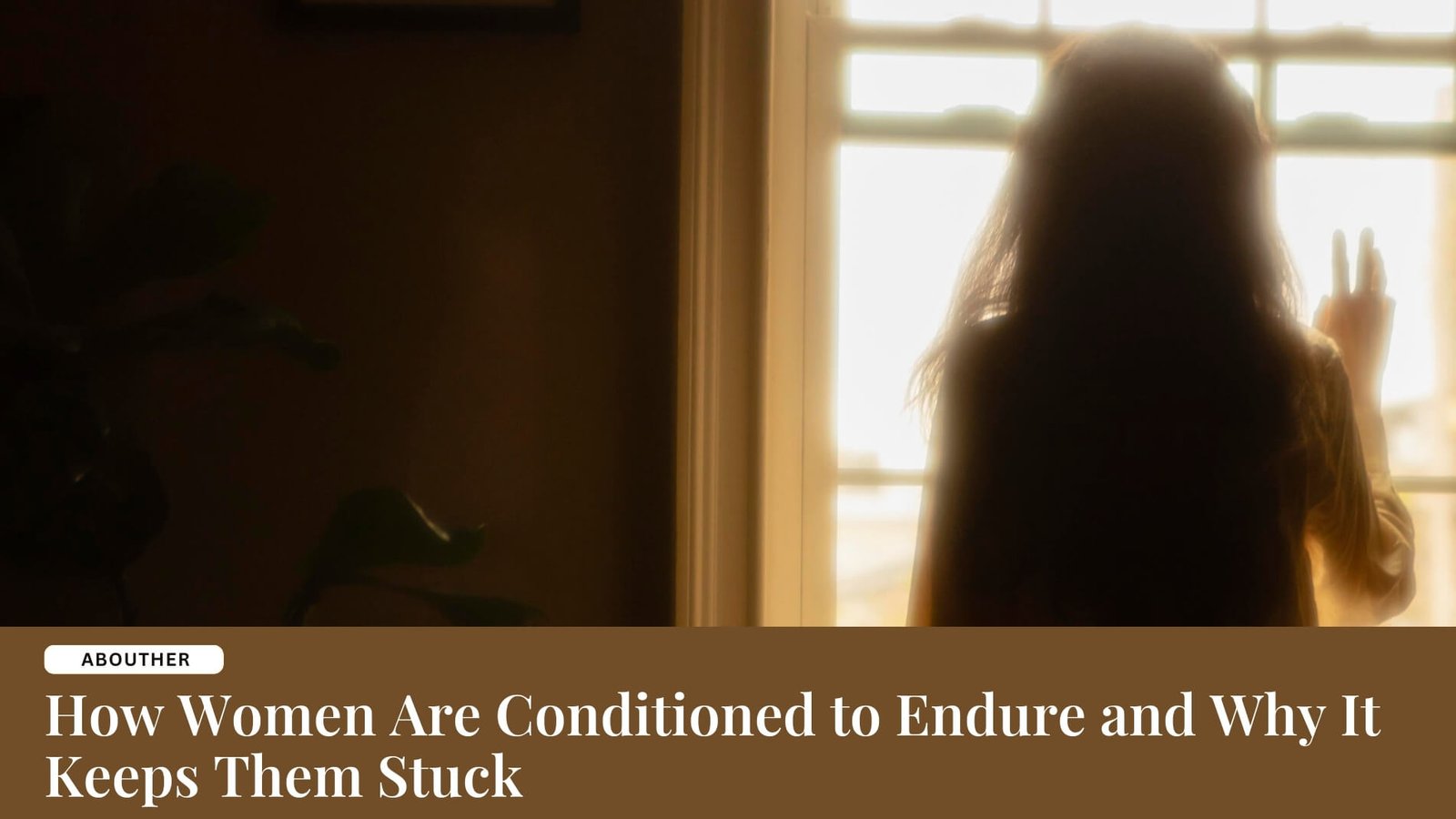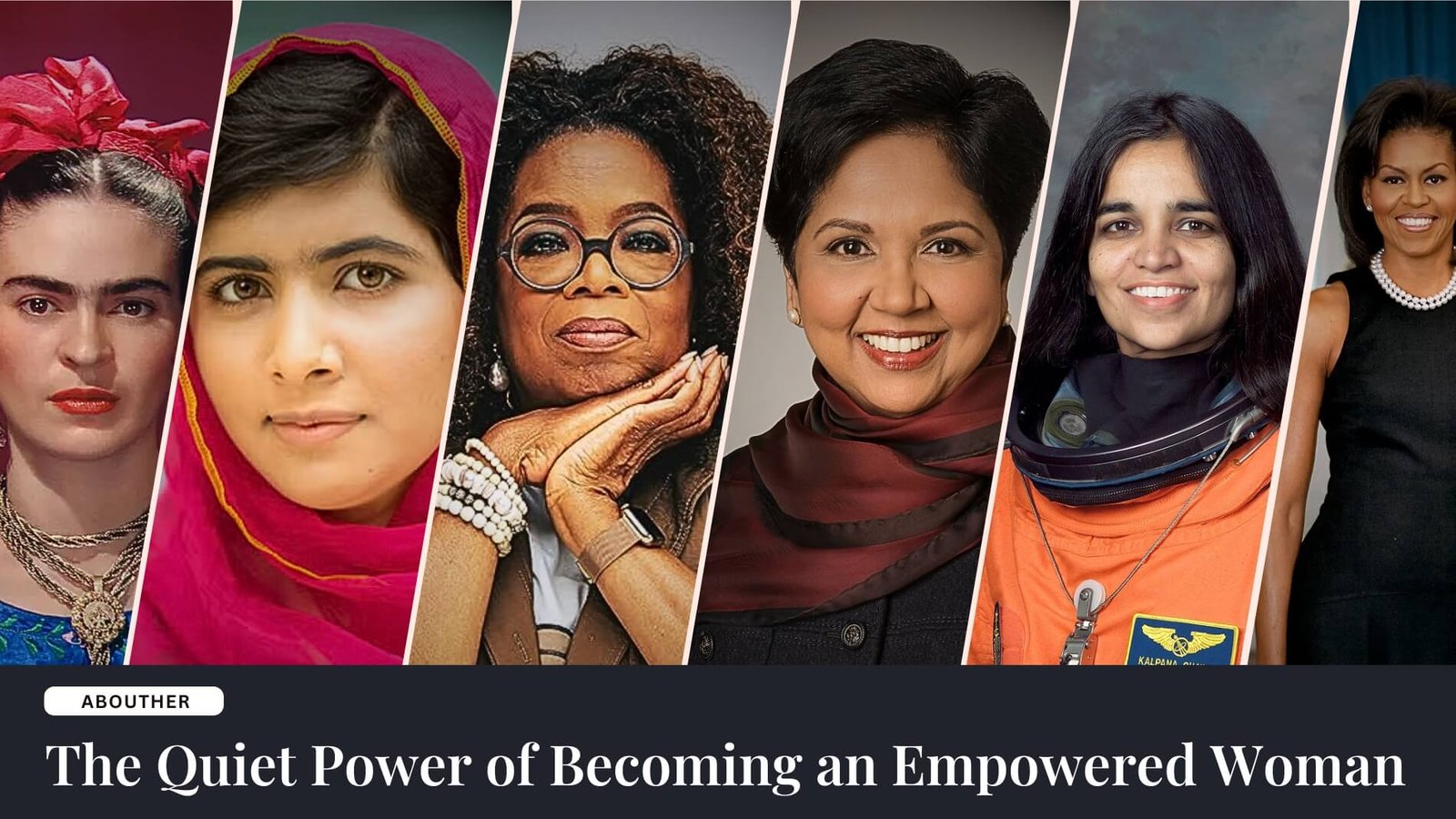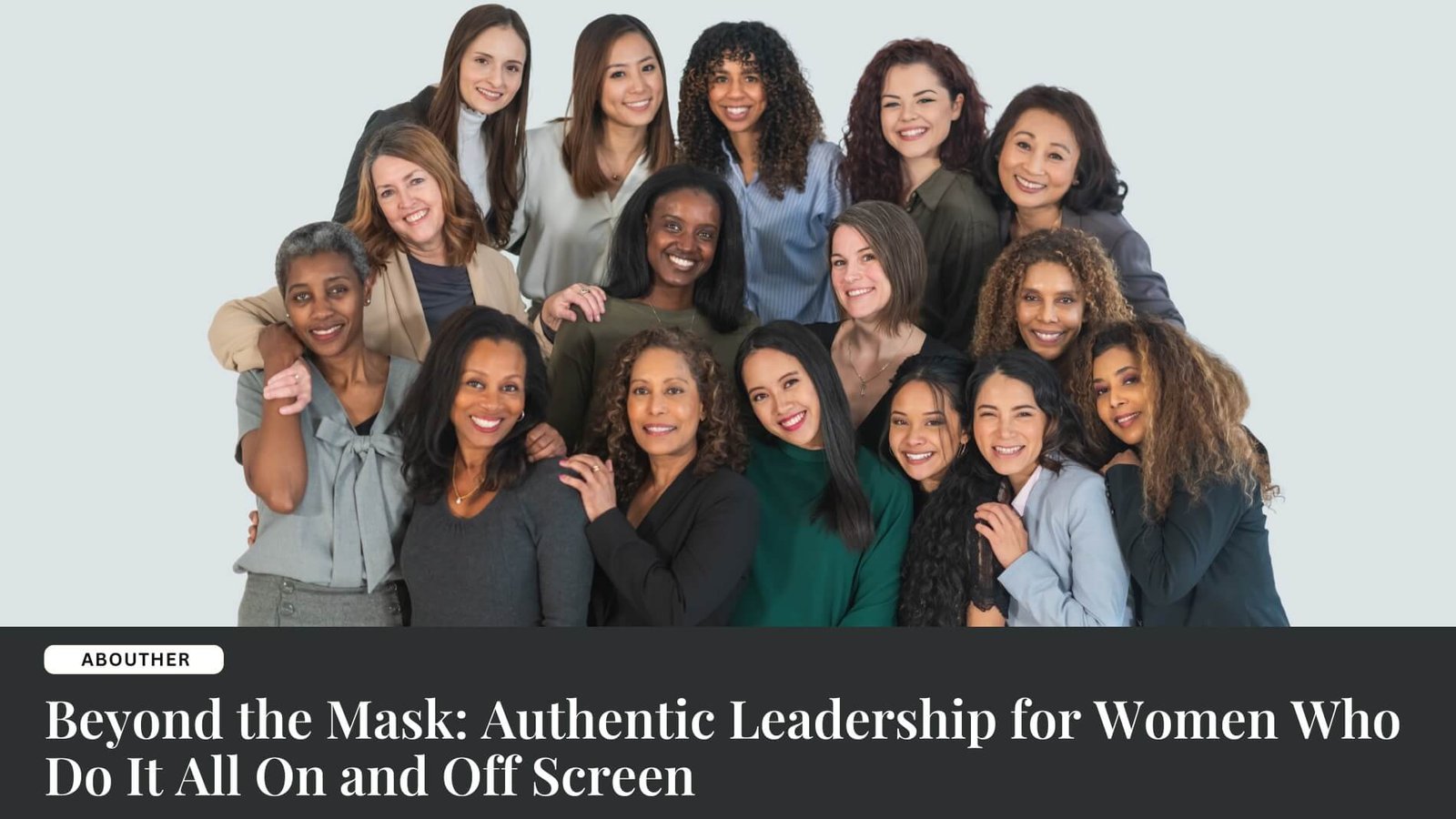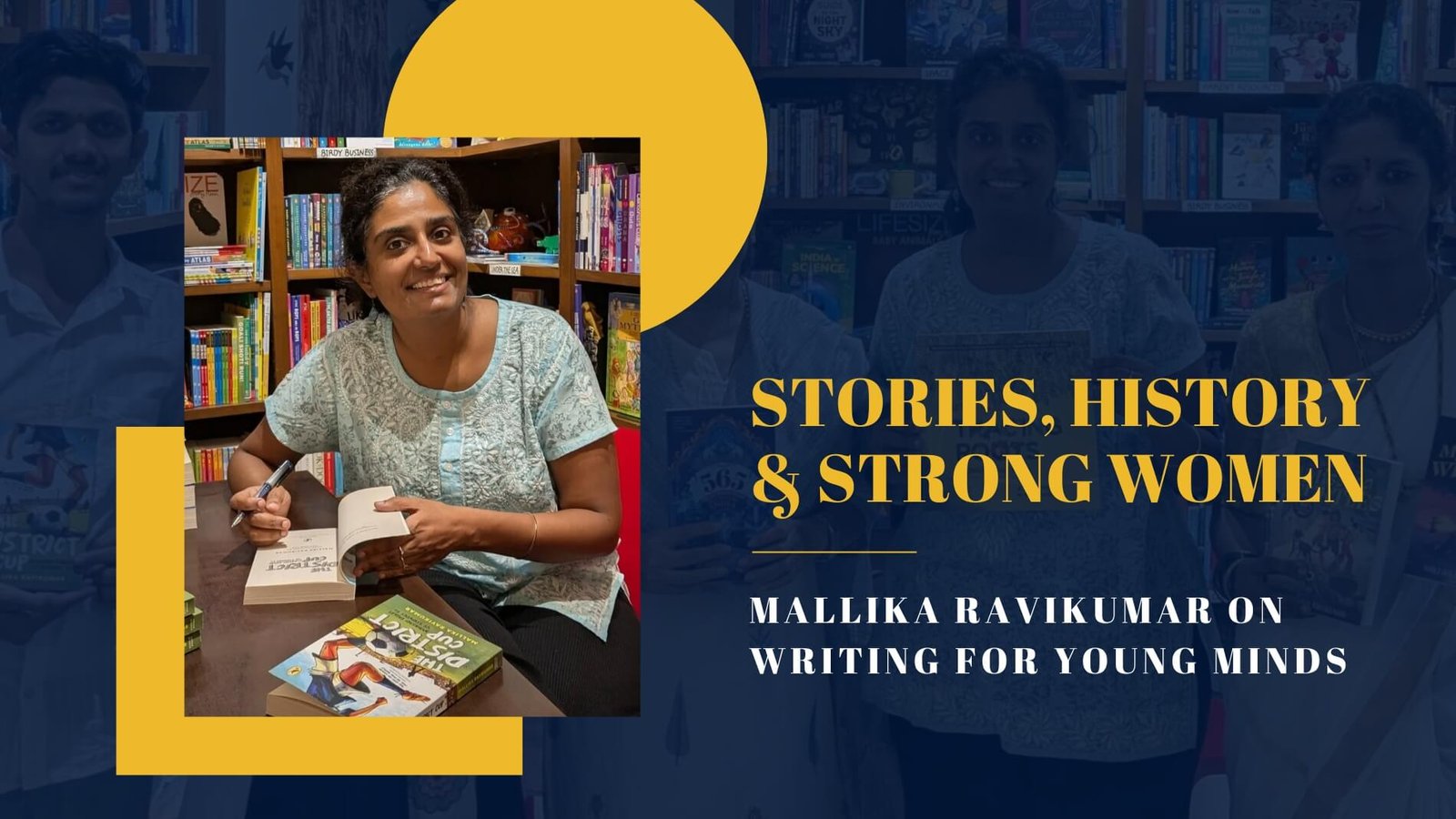The Silent Chains
Despite the advances made towards gender equality, women are still confined by invisible chains of objectification, domestic expectations, and sexual violence. Our progress sometimes seems to falter under the weight of centuries-old traditions and beliefs that continue to shape society even today. These issues are not isolated; they are interwoven, contributing to a system that, consciously or unconsciously, treats women as less than equal.
Why are women still expected to handle the bulk of domestic work? Why are their bodies still commodified and objectified in various forms of media? And why, despite global advancements, do horrific acts of sexual violence persist? What are the forces still at play that continue to impact the progress of women?
Let’s delve into the root causes of these systemic inequalities, focusing on modern dynamics and emerging issues.
Objectification: Still an Everyday Reality
In today’s world, objectification is more subtle, but it is no less pervasive. Although we see more powerful female voices in business, politics, and entertainment, the idea that women’s value lies in their physical appeal still endures in many areas of life. The ‘male gaze’ is not just an academic concept; it is a lens through which women are continually judged. Whether in the workplace or the streets, women often face scrutiny based on their appearance before they’re even given the chance to showcase their talents or intellect.
The rise of social media platforms has added to these woes, bringing a new form of objectification. Likes, shares, and comments often reward women for conforming to traditional beauty standards, inadvertently reinforcing the idea that their worth is tied to how they present themselves. Even influencers and celebrities who appear to challenge traditional roles often fall into the same trap by presenting highly curated, sexualised images for public consumption.
Moreover, objectification plays a role in the growing commercialisation of the body. Cosmetic surgery, dieting industries, and fashion trends all subtly whisper that women need to fit into certain moulds to be enough. This constant external focus drives women away from appreciating their internal qualities, pushing them to invest in beauty more than personal development or self-empowerment.
These representations reinforce harmful stereotypes that fuel the idea that women are valued more for their looks than for who they are as individuals.
Housework: A Job Never Truly Finished
The burden of domestic expectations continues to fall on women. While women today are empowered to pursue careers and ambition, the bulk of household chores and caregiving still falls disproportionately on their shoulders. Society may no longer openly declare that a woman’s place is in the home, but the cultural narrative still nudges women in that direction.
Also Read: Getting Real About Women: Who We Really Are
One reason is that housework and caregiving are considered ‘invisible labour.’ This kind of work goes unrecognised and undervalued because it doesn’t generate financial gain. Historically, women’s work inside the home was viewed as natural, not a skill or contribution worth recognising. The modern workplace, even with gender parity goals, often fails to accommodate the additional load women carry.
The concept of work-life balance, particularly in households with children, has become a battlefield of expectations—unfairly tilted towards women.
Adding to this is the rise of curative homemaking. With social media showcasing aesthetically pleasing homes, perfect meals, and well-groomed children, women feel pressured not only just to complete domestic tasks but also to make them appear effortless and Instagram-worthy. This pressure to perform housework with grace and flair continues to tie women to traditional roles, even as they pursue ambitious careers.
And the worst of all is sexual violence.
Why Does Sexual Violence Still Occur?
Sexual violence, particularly rape, is a dark manifestation of power imbalances between men and women. Rape is often viewed through the lens of criminality, but at its core, it stems from societal attitudes that dehumanise women. It’s not just an act of violence but a violent assertion of dominance, ownership, and control. Rape culture remains alarmingly pervasive.
Victim blaming is a common reaction, especially in environments where power dynamics are skewed. Women are often seen as responsible for causing their own assault, with questions centred on what they were wearing, where they were, or how much they had to drink. This attitude shifts the burden of responsibility onto women while letting the perpetrators off the hook. That is so messed up! And unjust.
Recent years have seen movements like #MeToo shine a light on sexual violence, revealing just how widespread these experiences are. Yet, many women still find it difficult to come forward. Fear of not being believed, of being shamed or ostracised, keeps countless women silent. The legal system, while making strides, remains inadequate in addressing the complexity of sexual violence cases. Trials often retraumatise survivors, and the low conviction rates contribute to a sense of impunity among offenders.
Patriarchy: The Root of All Chains
Patriarchy, an age-old system of male dominance, underpins the persistent inequalities women face. This system is so ingrained in our cultures, traditions, and institutions that it often operates unnoticed. Patriarchy doesn’t just shape how men view women; it also shapes how women see themselves.
The expectation for women to take on household responsibilities, for example, comes from centuries of patriarchal ideas that women are naturally nurturing and men are naturally dominant. This has been reinforced through religion, law, and culture, even into modern times. While legal and institutional reforms have sought to promote gender equality, the deeper social conditioning remains.
Also Read: From Stress to Success: Strategies for Emotional Wellness
Sexual violence, too, is a tool of patriarchy. Rape is not just a personal crime but a means of asserting power and control over women. When women are objectified or reduced to their roles as caretakers, it becomes easier to see them as ‘less than’ and, therefore, justify violence against them. This systemic devaluation of women continues to fuel abuse and oppression in countless forms.
Breaking Free: Redefining Womanhood and Society
How do we break these chains? The answer lies in shifting both personal and societal attitudes about what it means to be a woman. Women should not be defined by their ability to fulfil traditional roles or their appearance. They should be seen as individuals with a range of talents, ambitions, and personalities.
Education is a key starting point. Boys and girls alike need to be taught from a young age that gender does not determine worth. Children must learn to respect each other as equals, regardless of societal expectations. Additionally, conversations around consent, boundaries, and the rejection of toxic masculinity should be normalised in schools and homes alike.
Cultural representation also needs an overhaul. The media must move beyond objectifying women or boxing them into narrow roles. Women can and should be portrayed in diverse roles—leaders, thinkers, innovators—without being sexualised or domesticated. This shift will not only help women embrace their own identities but also change how men perceive women’s roles in society.
From a legal perspective, laws need to be more stringent and supportive of women, particularly in addressing sexual violence. Women must feel empowered to report crimes without fear of retaliation, and perpetrators must face serious consequences. This includes providing better support systems for survivors, from healthcare to legal advocacy.
Finally, we must redefine the value of domestic work. Both men and women should share the responsibilities of maintaining a household and caring for children. Society must recognise caregiving and housework as essential, valuable labour.
By doing so, we can create a future where women are truly free—not just in theory but everyday reality.
Share This On Social
![Sangeeta-Relan-AH-525×410[1]](https://aboutherbysangeeta.com/wp-content/uploads/2024/06/Sangeeta-Relan-AH-525x4101-1.jpeg)
I’m Sangeeta Relan—an educator, writer, podcaster, researcher, and the founder of AboutHer. With over 30 years of experience teaching at the university level, I’ve also journeyed through life as a corporate wife, a mother, and now, a storyteller.

